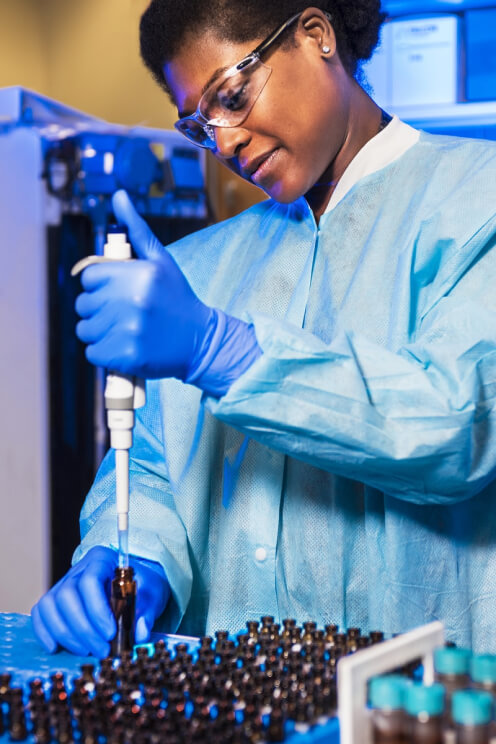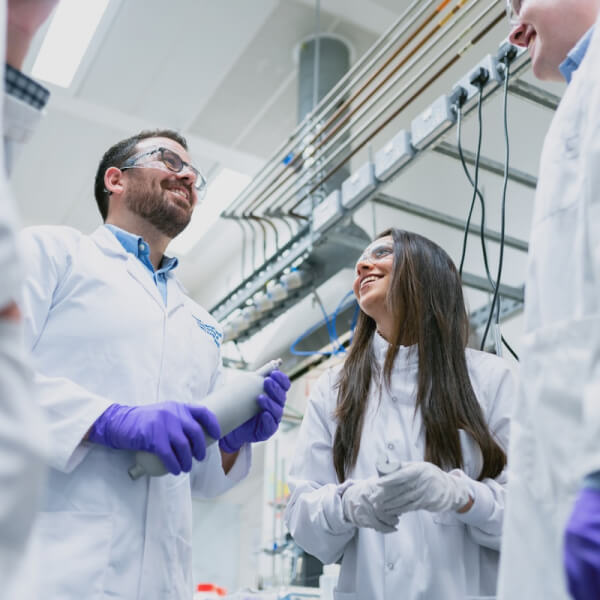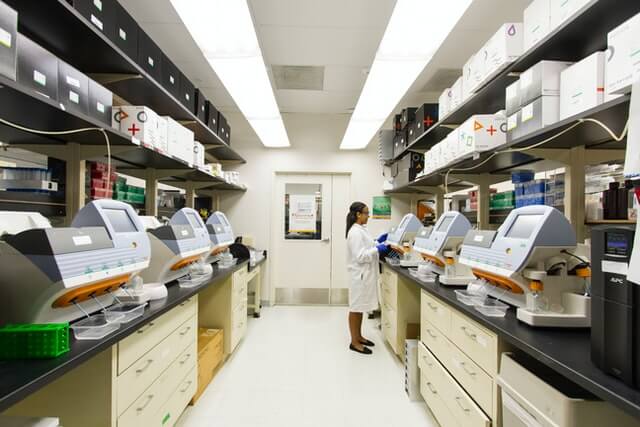Welcome to Irbiz Prom Kft
Medical equipment
Medical equipment is a wide range of special equipment and devices used by personnel in diagnostics, treatment, and rehabilitation of patients. Equipping with modern medical equipment is a necessity for every hospital and paramedic center.


Based on the purpose, medical equipment is usually divided into the following groups:
- To maintain the vital functions of the body. This includes medical equipment for artificial maintenance of blood circulation, for bedridden patients, ventilation of the lungs, removal of metabolic products (dialysis).
- For diagnostics. This group includes ultrasound devices, high-quality X-ray medical equipment, test systems, etc.
- Physiotherapy. Designed for medical staff to carry out all types of therapy, for example, devices for electrical impulse massage, electrophoresis, etc.
- Surgical. A wide range of equipment for surgical interventions, including nonsurgical complexes, medical equipment for aspiration, etc.
- Monitoring. Designed to monitor the patient’s condition and includes devices for determining blood pressure, blood composition, ECG machines, etc.
- Laboratory. Various laboratory supplies, analyzers, materials, etc.
- For transportation. This category includes stretchers, gurneys, devices for lifting patients in the medical field.
- For sterilization. Medical equipment for the destruction of pathogenic microflora on instruments (UV emitters, ovens, etc.).
Irbiz offers the following medical equipment:
- Obstetric. Modular chairs and beds for gynecological diagnostic procedures, manipulations, surgical interventions, and obstetrics. For convenient operation, they are equipped with a hydraulic and electric drive.
- Diagnostic. Designed for the timely detection of various pathologies, control of vital parameters, testing. There is stationary and portable equipment that can be used in operating rooms, diagnostic rooms, or ambulances.
- Ventilators. Apparatus for the artificial (forced) supply of a special gas mixture to the lungs, designed to saturate the blood with oxygen and remove carbon dioxide. In modern models, pressure level control, heating, and humidification of the mixture are provided. They are used in intensive care units, in anesthesiology.
- Cardiological. Devices for recording electrical impulses in the heart muscle at rest (electrocardiographs, cardiovisors), counterpulsation, defibrillators, monitors, etc.
- Laboratory. Microscopes and analyzers for hematological, biochemical, enzyme immunoassay, and other types of analysis in clinics, diagnostic laboratories, clinics.
- Anesthetic and respiratory devices. Floor-standing, wall-mounted, portable equipment for all categories of patients, which are used in ambulances, during the work of rescue services, in operating rooms. They are technologies and devices whose functions include delivery of a strictly defined amount of anesthetic substance to the lungs of a person, while simultaneously providing the necessary volume of oxygen.
- Ophthalmic. The active development of this branch of medicine has led to the emergence of a large number of diagnostic and therapeutic ophthalmic equipment, including auto refractometer and phoropters (for diagnosing myopia, hyperopia, astigmatism), tonometers (measuring intraocular pressure), laser systems (treating various ophthalmic pathologies), tomographs (diagnosing diseases in the early stages), etc.
- X-ray machines. Stationary and mobile X-ray complexes for studying the structure and functions of organs of the human body, allow accurate diagnostics, determining the localization and volume of pathological changes, allowing you to monitor the effectiveness of treatment.
- Sterilizing. Designed to destroy pathogenic microflora on tools, dressing materials, linen, dishes. This group of products includes sterilizers, quartz irradiators, circulators, autoclaves, etc.
- Ultrasound machines. Stationary and portable complexes are maximally equipped for ultrasound examinations with the possibility of obtaining a three-dimensional image, which allows doctors to diagnose many pathologies at the initial stages.
- Physiotherapy. Medical devices for carrying out physiotherapeutic procedures for the prevention and treatment of diseases and pain relief. This group of devices includes devices for ultrasound therapy, magnetotherapy, inhalers, etc. Physiotherapy is carried out with the help of therapeutic use of funds (heat, water, etc.).
- Surgical. A wide range of auxiliary medical equipment is required for surgical interventions, which includes coagulators (devices for stopping bleeding), oxygen concentrators (release of oxygen from atmospheric air), perfusers (devices for dosed drug administration), etc.
- Endoscopic. Medical devices for the implementation of one of the most effective techniques today – endoscopic operations. They are used in surgical operations of the abdominal and thoracic cavity, brain, as well as various diagnostic procedures.
- Neonatological. Medical equipment, devices, furniture designed for diagnostics during gestation and in newborns, as well as for nursing babies
- Operating tables. Modern multi-section medical tables with hydraulic and electric drives, designed for diagnostics, manipulations, surgical interventions in all areas of medicine.
